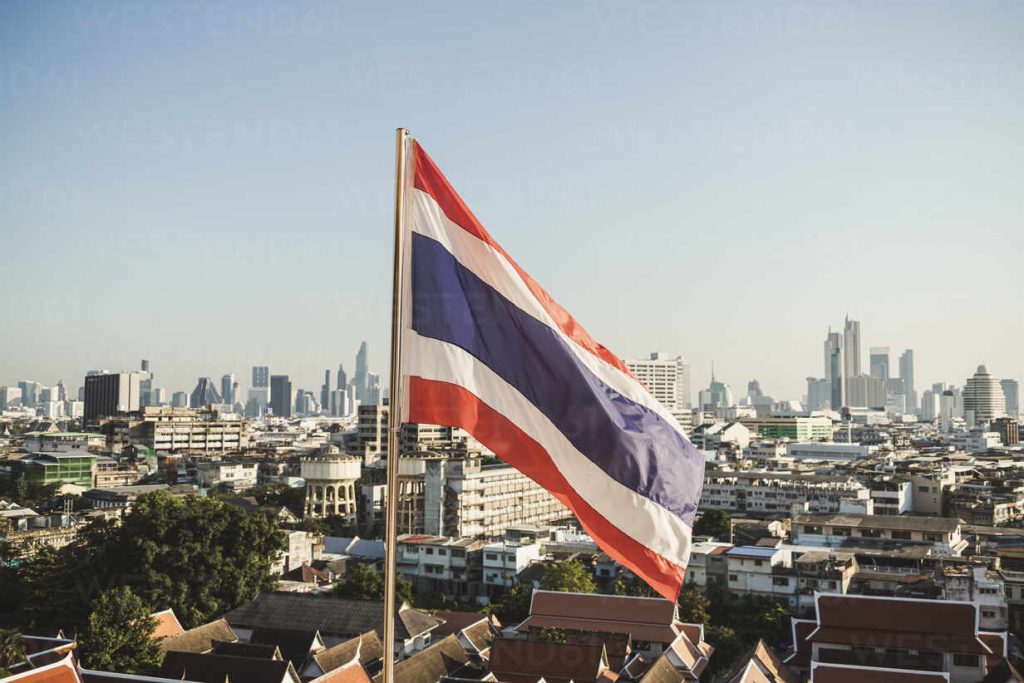The customs recordation system and the procedures for seizing counterfeit and infringing goods have been amended by a notification from the Thai Customs Department. The Government Gazette issued the Customs Notification on the Export, Import, and Transit of Goods Infringing on Trademark and Copyright on August 4, 2022, and it became effective on July 29, 2022.
With the new notification, both trademark and copyright owners are now able to directly record their intellectual property information with the Customs Department instead of first having to record it with the Department of Intellectual Property (DIP), as was previously required for trademark owners requesting customs recordation.
System of Recording Procedure for Customs
Any information that customs officials can use to confirm the validity of products being exported, imported, or transited through Thailand may be specified in an application by trademark or copyright owners (or their representatives). The Enforcement Division of the Customs Department is where the application can be submitted.
The application’s information will be maintained for three years following the date of receipt (or for the remaining period of trademark or copyright protection, if less than three years). Renewal applications must be submitted at least 30 days before the expiration date. Any modification to information must be filed with the Enforcement Division.
Procedure for Ex Officio Impoundment
When customs officers claim that products infringe intellectual property rights based on the information recorded, they impound the products and notify the exporter, importer, or transit person (or agent), as well as the trademark or copyright owner. If customs officers are unable to contact the exporter, importer, or transit person (or agent), or if this person does not object within three days, the impounded items will be considered infringing goods.
Moreover, the officers will create a memorandum of inspection and seizure or detention and then send the case to the litigation unit for additional action if the exporter, importer, or transit person admits that the products are illegal. The officer is not required to request a confirmation letter from the rights holder in this instance according to the new procedures.
Requests for Inspection
On a case-by-case basis, rights holders can also request customs inspections of goods that may be violating their copyright or trademark. Customs officers will seize the items and notify the exporter, importer, transit person (or agent), as well as the applicant if they have no reason to believe the documents supplied with the inspection request are legitimate. The applicant must work with the customs officers to inspect the goods within 24 hours of getting the notification. Otherwise, the impounded goods will be released by the customs officers.
If the rights owner (or its representative) objects to the products being released, the customs officer will instruct them to submit a confirmation letter and a petition for prosecution within three days of the inspection. Afterward, the exporter, importer, or transit person may object or make an admission as per the previous section’s description.
The exporter, importer, transit person, or transit person’s agent, as well as the Customs Department, are liable for any losses resulting from the customs officers’ inspection carried out in good faith in accordance with the application.
You can find a list of Thailand IP firms here.

